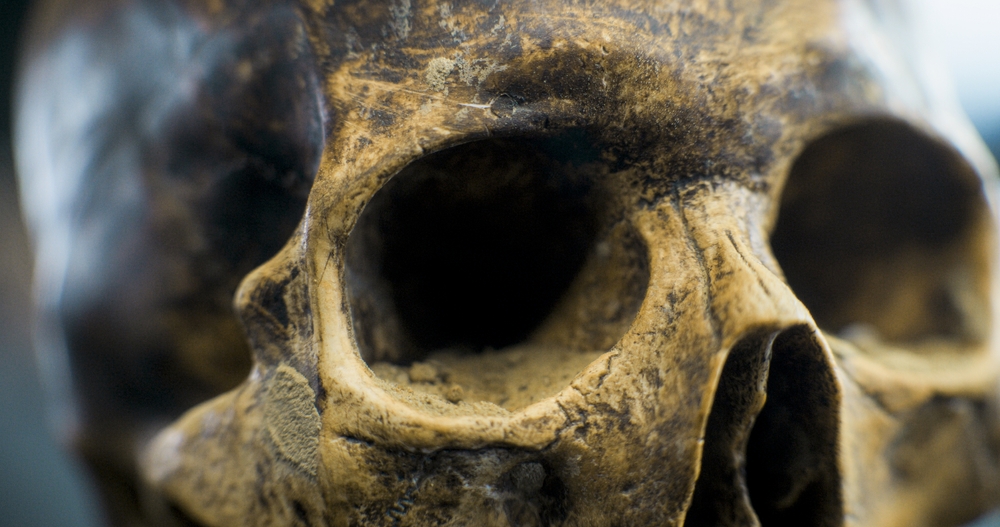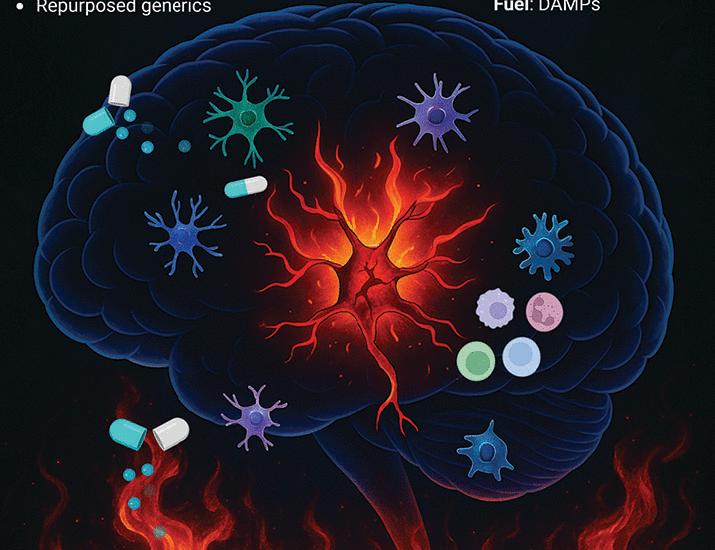Now Reading: 146,000-Year-Old ‘Dragon Man’ Skull Identified as Denisovan via Dental DNA
-
01
146,000-Year-Old ‘Dragon Man’ Skull Identified as Denisovan via Dental DNA
146,000-Year-Old ‘Dragon Man’ Skull Identified as Denisovan via Dental DNA

Swift Summary
- Scientists have identified an almost-complete hominin skull, called the “Dragon Man,” from Harbin, China, as belonging to the Denisovan lineage.
- The fossil dates back approximately 146,000 years and was examined using advanced techniques involving ancient DNA and proteomes.
- Researchers utilized two methods: analyzing ancient proteomes for population identification and extracting mitochondrial DNA from dental calculus on the Harbin skull.
- The Harbin skull’s proteins revealed 122 amino acids unique to Hominidae and matched traits with other Denisovan specimens like Denisova Cave’s finger bone (Denisova 3).
- Analysis confirmed that Denisovans occupied a wide geographical range between Siberia and northeast China during the Middle Pleistocene era.
- Innovative findings may enable further advances in ancient genetic research focusing on Middle Pleistocene hominins.
Read More: who Were the Denisovans?
indian Opinion Analysis
The discovery of innovative techniques to examine hominin fossils is important for global anthropology but also resonates profoundly within India due to its rich prehistoric landscape that may hold untapped connections to such findings. With India playing host historically to early human migrations, this research model could provide fresh avenues for deepening our understanding of Middle Pleistocene-era populations in South Asia.Furthermore, knowing that different pre-modern groups occupied vast regions offers clarity on human evolution pathways-possibly illuminating India’s role in bridging movements between East Asia and africa or contributing unique genetic footprints via Denisovan-related populations locally found through future studies here.
The use of experimental tools not only sets a benchmark globally but could inspire Indian researchers eager for robust analysis across archaeological sites countrywide while benefiting shared human heritage knowledge universally.























